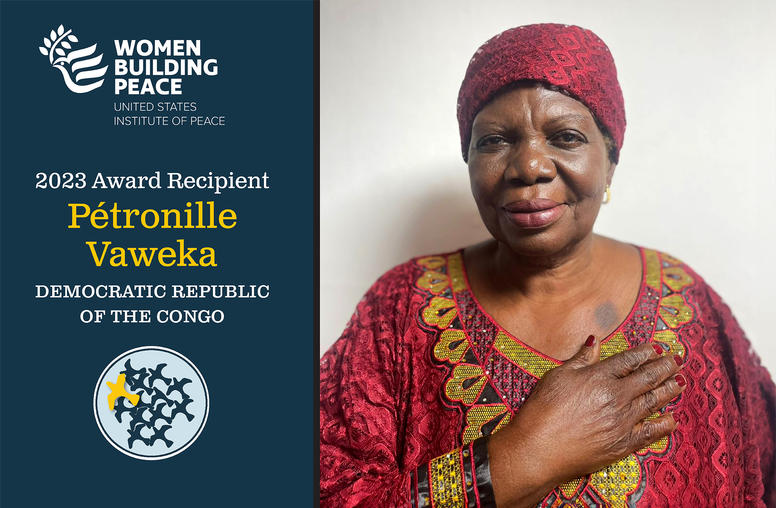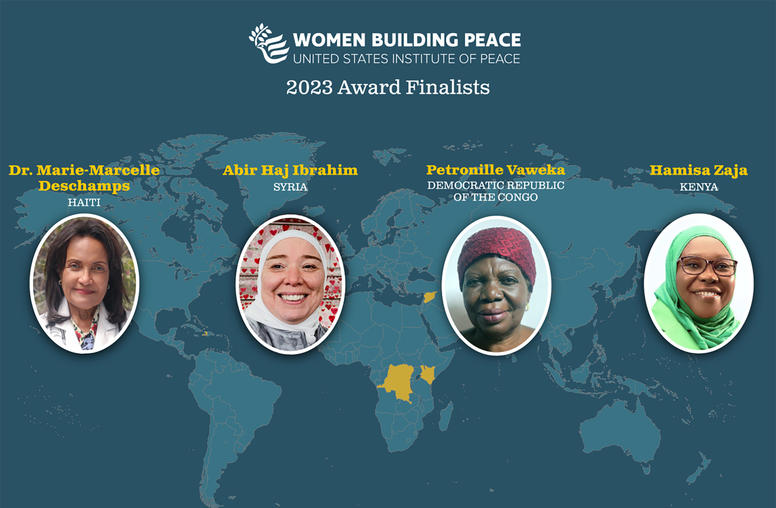Invitation to Democracy
Remarks by Ambassador Max M. Kampelman, Vice-Chairman of the Board of Directors of the U.S. Institute of Peace.
What can be done now to bring something creative out of the turmoil and disharmony at the World Trade Organization's meeting in Seattle? Politics and economics have gotten out of balance on a global scale. But an initiative is already underway that can start them back toward harmony.
Recently, the Polish foreign minister, Bronislaw Geremek, sent invitations to all countries "taking the path to democracy" to send their foreign ministers to Warsaw next June to discuss how they can work together more effectively in the international arena. (The United States and five other countries joined Poland as co-conveners of this event.) It has sometimes been lamented that there are no big ideas these days in foreign policy. This quiet announcement could be the seed of one, the direction to take as we enter the 21st century.
We need to recapture a purpose in world affairs that is morally, intellectually and politically compelling. The democratic vision retains an enormous vitality. Our duty is to help define the 21st century as a "Democratic Century." Our fundamental challenge is to recognize that the political struggle remains between the democratic way of life and those who would deny human liberty and political freedom. A democratic vitality exists around the world. It requires nourishment and encouragement.
Our nation's leadership in such an international effort will satisfy our obvious national aspirations for a bipartisan and non-partisan foreign policy based on our traditional values of human dignity. The role of the United States in world affairs would, thereby, be consistent with our moral energy.
Close cooperation among the world's democracies could have important benefits. We must work together more effectively to provide assistance to the new and emerging democracies.
Democracy is now demonstrably a universal value. Closer and more visible association among democracies with different racial, religious and other characteristics can counter the frequent charge that opposition to despotism and corruption is a concern only of rich, white, Western societies.
By acting together, the democracies can create a moral authority that, with any hope, can prevent conflicts before they turn violent and that can squelch violent and illegal attempts to overthrow elected governments. Only when democratic governments begin to work together more effectively will it be possible to establish the levels of public confidence our international institutions need to do what we expect of them.
The democracies must exert more effective influence in our international institutions if the cynicism and fear that too many people feel toward these institutions--as the World Trade Organization protests showed--is to be overcome. The Four Freedoms, proclaimed as our goals by Franklin Roosevelt--freedom of speech and expression, freedom of worship, freedom from want, freedom from fear--valid in 1941 are as valid today.
One difficult issue the organizers of the Warsaw meeting have to face is whom to invite. Obviously, some countries claim to be democratic whose practice is really quite brutal. Allow them to attend and the event becomes a sham. Holding sham elections without a "rule of law" atmosphere does not a democracy make.
My own experience as a negotiator in the Helsinki process suggests that countries that profess to be democratic must be held vigorously accountable for their serious shortcomings where they exist. When the United States joined the Soviet Union in endorsing the Helsinki Accords in 1976, it was strongly objected that we were giving credibility to the Soviets' claim that they were as committed to human rights as we were.
But we went forward, fully criticized their undemocratic behavior and, by open and serious discussion, drew them into a process in which they ultimately pledged themselves to universal standards and recognized independent review processes. In this, we hastened a historic change, imperfect as it may still be.
It will take some years to develop consensus about democratic practice within the international community, just as it did with human rights. But such a consensus, if it can be found, will become a sturdy foundation for peace and prosperity. The Warsaw meeting of the world's democrats and democratizers can restore the hopes we once had for our international institutions and open the millennium with new promise for decency and dignity in global affairs.
The writer is former head of the American delegation to the Conference on Security and Cooperation in Europe and former head of the American delegation to the Geneva nuclear arms negotiations with the former Soviet Union.
This article was first published in The Washington Post on December, 17, 1999 (Page A41).

